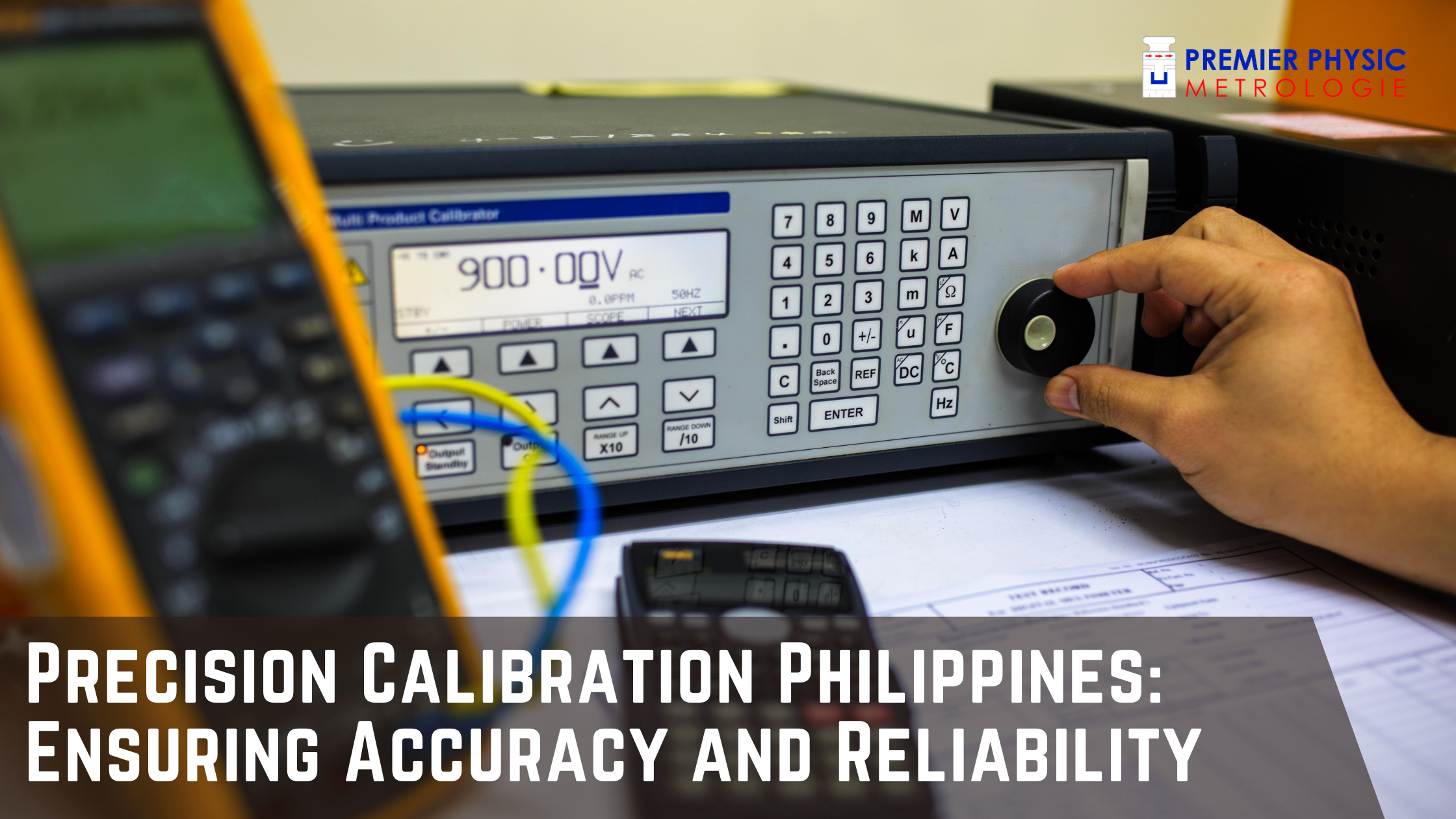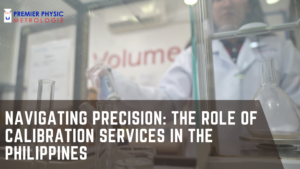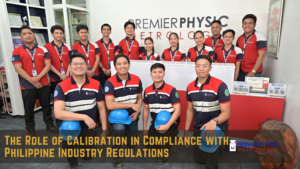Are you in search of precision calibration services in the Philippines? Look no further! Our comprehensive guide covers everything you need to know about precision calibration in the Philippines, ensuring accuracy and reliability.
Precision Calibration Philippines: Ensuring Accuracy and Reliability
In today’s world, precision is paramount, whether it’s in manufacturing, research, or any industry that relies on accurate measurements. This is where precision calibration comes into play, ensuring that your instruments and equipment are providing trustworthy results. In the Philippines, the demand for precision calibration services has been steadily rising. In this informative guide, we will delve into the world of precision calibration in the Philippines, providing you with insights, answers to common questions, and a deeper understanding of this essential process.
Introduction
Precision calibration is the process of fine-tuning and adjusting measurement instruments to ensure their accuracy and reliability. It is a critical aspect of various industries, including healthcare, aerospace, automotive, and manufacturing. In the Philippines, the need for precision calibration services has grown significantly, as businesses recognize the importance of accurate measurements in their operations.
Why Precision Calibration Matters
Precision Calibration Ensures Accuracy
Precision instruments, such as gauges, thermometers, and pressure sensors, are used in numerous applications. However, over time, these instruments may drift from their calibrated state, leading to inaccurate measurements. Precision calibration rectifies this issue, guaranteeing precise and reliable results.
Compliance with Standards
Many industries in the Philippines are subject to strict quality and safety standards. Precision calibration is often a requirement to meet these standards, ensuring that products and processes adhere to regulations.
Cost Savings
Accurate measurements can lead to significant cost savings. For instance, in the manufacturing industry, precise calibration can reduce material wastage and rework, ultimately increasing profitability.
Increased Productivity
Calibrated instruments operate at their optimum, enhancing productivity and reducing downtime. This is particularly crucial in sectors like healthcare, where precise instruments are used for patient diagnostics and treatment.
Precision Calibration Services in the Philippines
In the Philippines, several companies offer precision calibration services. These services encompass a wide range of instruments, including:
- Dimensional Metrology: Calibration of measuring tools and gauges.
- Electrical Calibration: Ensuring the accuracy of electrical and electronic instruments.
- Mechanical Calibration: Calibration of mechanical instruments like torque wrenches and pressure gauges.
- Thermal Calibration: Ensuring temperature measurement accuracy.
- Radiological Calibration: Calibration of instruments used in radiation-related fields.
Benefits of Outsourcing Precision Calibration Services
Outsourcing precision calibration services in the Philippines can be advantageous for businesses. Here are some key benefits:
- Expertise: Calibration service providers have specialized knowledge and equipment to deliver precise results.
- Cost-Efficiency: Outsourcing eliminates the need for in-house calibration equipment and personnel, reducing operational costs.
- Regulatory Compliance: Professional calibration services ensure that your instruments meet industry standards and regulatory requirements.
- Focus on Core Activities: By outsourcing calibration, businesses can focus on their core activities, improving overall efficiency.
Precision Calibration Philippines: FAQs
What is precision calibration? Precision calibration is the process of adjusting and fine-tuning measurement instruments to ensure their accuracy and reliability.
How often should instruments be calibrated? The frequency of calibration depends on the instrument type and its usage. In general, it’s recommended to calibrate instruments annually.
Can I calibrate instruments in-house? While it’s possible to calibrate instruments in-house, outsourcing to specialized service providers in the Philippines is often more cost-effective and accurate.
Are there industry-specific calibration standards in the Philippines? Yes, various industries in the Philippines have specific calibration standards that must be met to ensure compliance.
What happens during the calibration process? During calibration, instruments are tested and adjusted to ensure they provide accurate measurements. Any deviations from the standard are corrected.
How can I find a reliable calibration service provider in the Philippines? To find a reputable calibration service provider, look for certifications, customer reviews, and industry experience.
Conclusion
In the Philippines, precision calibration is a crucial aspect of various industries, guaranteeing the accuracy and reliability of measurement instruments. Whether you are in manufacturing, healthcare, or any sector that relies on precise measurements, outsourcing calibration services can bring significant benefits. Remember that compliance with industry-specific standards is essential, and choosing a reliable calibration service provider is key to ensuring accuracy and trustworthiness in your operations.




